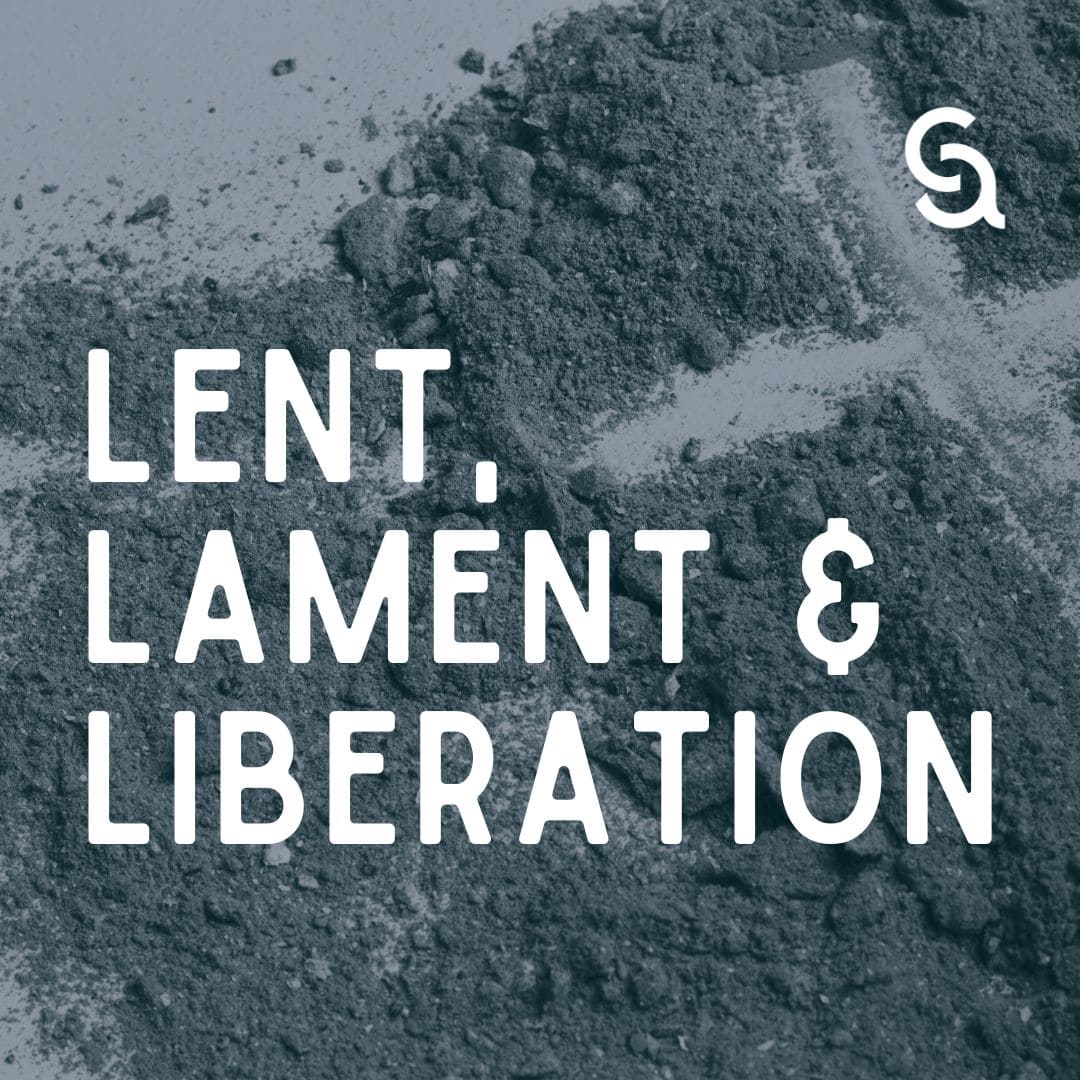 At the inauguration of Jesus’ ministry he declared, “The Spirit of the Lord is upon me, because he has anointed me to bring good news to the poor. He has sent me to proclaim release to the captives and recovery of sight to the blind, to let the oppressed go free, to proclaim the year of the Lord’s favor” (Luke 4:18-19, NRSV).
At the inauguration of Jesus’ ministry he declared, “The Spirit of the Lord is upon me, because he has anointed me to bring good news to the poor. He has sent me to proclaim release to the captives and recovery of sight to the blind, to let the oppressed go free, to proclaim the year of the Lord’s favor” (Luke 4:18-19, NRSV).
Since liberation is so central to the message Jesus came to accomplish and proclaim, it must also be to those of us who profess his name and take part in his resurrected body. Christ’s life, death, and resurrection point us towards the liberative future of shalom he has accomplished for us, the already-but-not-yet Kingdom of God which breaks into our world daily, yet has not finalized its work. In the midst of a world where we continue to lament, noting the ways in which things are not as they ought to be, we can continue to hope in a God who was unjustly accused and whose death was the result of violent statesmen and religious leaders grasping at power to protect their own reputations, ideologies, and senses of law and order.
Why did Jesus die? To save us? Yes. But Jesus also died because he was murdered. He was unjustly silenced and discarded by lawmakers and law keepers, faith teachers, and faith followers. If we are to embrace the hope of the resurrection that has the power to hold us together through our lamenting, we must acknowledge that Jesus was murdered not just for our sins, but because of them. We must bear witness to the ways in which the “justice system” failed to protect the innocent person of Jesus of Nazareth and fails to protect many other innocents today. Hope placed in human systems of justice is misplaced. If the powers of Christ’s day did not bring freedom to the Son of Man or protect him from an unfair sentence, why would they for us? Christians should not struggle to acknowledge that sin is bound up within our law systems. In The Amnesty of Grace: Justification by Faith from a Latin American Perspective (Abingdon Press, 1993), Elsa Tamez rightly observes, “For us to be free from the law it was necessary that the law crucify Christ before our eyes; only in this way could we understand that justice does not come through the law. With the unjust condemnation and death of Jesus Christ—the clearly innocent person ‘who knew no sin’ (2 Cor. 5:21), the Son of God—sin showed clearly its true nature and identity.”
This lack of faith in our justice system may lead some to despair, to reach for our own vigilante justice to defend ourselves and those we love by violent means. But Jesus cried out, “No more of this!” when Peter drew his sword to defend him (Luke 22:51, NRSV). Christ’s death and resurrection bears witness to the Kingdom of God where we will beat our weapons to plowshares, for God’s kingdom will not be made of weapons to dominate and destroy one another, but of harvests to gather so we can dine together, wolf and lamb, a table prepared for us to eat in the presence of our “enemies.”
The good news of Easter is liberation from both our personal sins and the systems that hold us captive to evil, even as they attempt to convince us they are created for justice. Jesus did not only die to save us. He died in a manner that saved us—exposing our violence against innocence, demonstrating his love even for those who would crucify him, offering eternal life to the most despised, first announcing his resurrection through women (making them the first preachers and evangelists), and overcoming the power of death itself. This resurrection power Christ demonstrates is what saves us both today and in eternity.
Our evil world would rather silence and exterminate an innocent God man proclaiming liberation than make room for God’s good news to the poor, the captive, and the oppressed. But as we imitate our Messiah’s peaceableness in the face of public brutality, we will expose the injustice of the systems that pretend to serve us, allowing their sins and failures to be seen clearly for all.
This is the freedom for which Christ set us free.
 Heidi Weaver-Smith is a nonprofit leader and development consultant living in Columbus, OH, with her husband and two young daughters. She writes, speaks, and works on various topics of justice including missions that serve LGBTQIA+ individuals, low-income families, and racial justice initiatives. She received her MA in Theology from Fuller Theological Seminary and serves as the Executive Director of Little Bottoms Free Store, a faith-based non-profit working to address the social determinants of health that disproportionately impact families in Columbus’ most under-resourced neighborhoods. Heidi is also the founder of LOVEboldly, a nonprofit that exists to create and develop spaces where LGBTQIA+ people can flourish in Christianity.
Heidi Weaver-Smith is a nonprofit leader and development consultant living in Columbus, OH, with her husband and two young daughters. She writes, speaks, and works on various topics of justice including missions that serve LGBTQIA+ individuals, low-income families, and racial justice initiatives. She received her MA in Theology from Fuller Theological Seminary and serves as the Executive Director of Little Bottoms Free Store, a faith-based non-profit working to address the social determinants of health that disproportionately impact families in Columbus’ most under-resourced neighborhoods. Heidi is also the founder of LOVEboldly, a nonprofit that exists to create and develop spaces where LGBTQIA+ people can flourish in Christianity.


